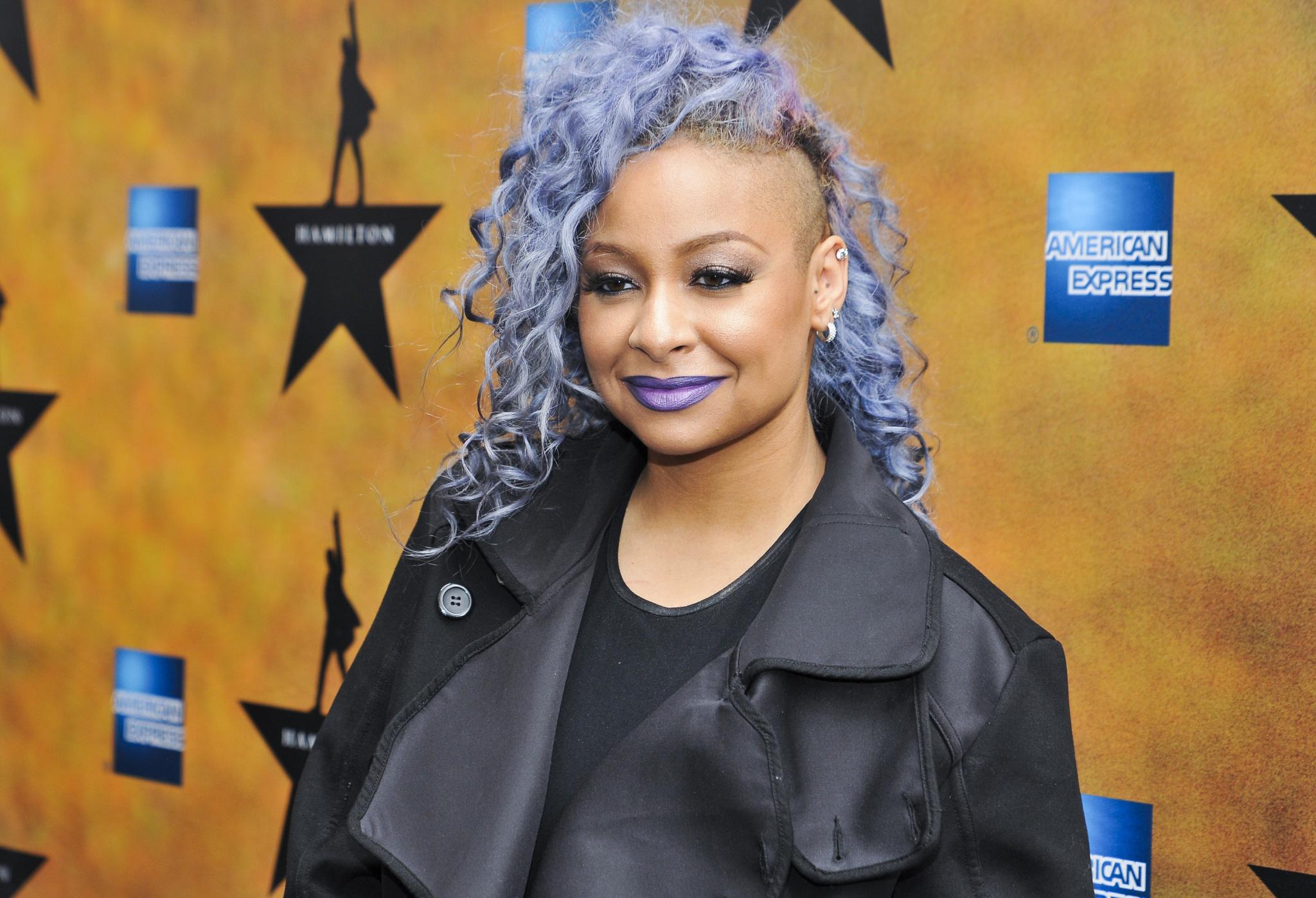
My name is Yolanda. It’s generic. Not uncommon. It’s not African—which I am. Funny enough, it’s a common name in South Africa, where I was born and raised.
Growing up I didn’t dislike my name, but I barely celebrated it. With friends with meaningful names like Siyanda (“we are growing”), Khanyisa (“brings light”) and Lerato (“love”), why in the world would my parents want to name me plain-old Yolanda? Luckily, my middle name is Zamangwane, which means “of the Ngwane’s” – my ancestral clan name. I later found out that my parents had originally wanted to name me Yolisa (“brings joy”) and my grandmother wanted to name me Ayanda (“they grow”), and so voilà, Yolanda. The compromised name.
What’s in a name? Pride, love, family, ancestry, creativity, and agency.
When I first moved to America I had never heard of names like Shanequa or Trameika. They certainly weren’t the ones we read about in American books where names like Susan, Charlotte, or Daisy were the norm. I remember being taught by other kids in elementary school that these “unique” named were laughable. “Why would anyone have the audacity to name their child that?” a counselor once blurted out to my mother.
Yet, audacity is exactly what you need to take full agency over naming your child—no matter what the world is telling you.
And so the past few days spent discussing Raven-Symoné’s disruptive choice of words on an episode of The View last week have brought up old wounds.
“I’m not about to hire you if your name is Watermelondrea!” she said, loud and proud!
Must See: The Real Watermelondrea Responds to Raven Symoné
Her comments came as the co-hosts discussed a recent study that found Americans make racist assumptions based on people’s names.
This week Raven issued an apology.
“I’d like to begin by saying that I was not attacking a specific race, but repeating a name that was said in a viral video which has received over 2 million likes. I have been denied many jobs because of my skin color, body size, and age. Each time I was rejected, my self esteem was negatively effected (sic), so I empathize with those who feel victimized by what I said.”
11 Times Raven Symoné Had Everyone Talking
If you know the pain of this type of rejection, then why say on a national platform, that you too would inflict it on someone else?
Raven is a former child star who has been told she is an exceptional Black for most of her life. She has proven—and even told us—that she is not the one to turn to when it comes to speaking up for, or identifying, with marginalized communities. We shouldn’t only be surprised, but saddened that she too, given the chance, would uphold institutional racism.
The thing about our names, Raven-Symoné, is they are special, they are Black ingenuity, they are music, they are they are ours to create and embrace. Beyoncé, Kanye, Taraji, Erykah, Oprah—all have names that would make a discriminating HR manager wince. But, these are the names the world celebrates. So, come as you are Shaqwandra, Shyfiqua and Tomaka! There is always a place where you will be loved, adored, and HIRED!
Raven-Symoné’s Father Defends His Daughter ‘Even If She Says Some Dumb S–t’
This poem by Shobana Gomes has always moved me:
Knitted in document of names, the journey begins
Of what do you see the traits begin or how
How does the trail reveal its roots
A name stands to gain footage on scrolls
Like a mushrooming tree it gains its foothold
A sir name likened to a family
The name that catapults the flames of identity
To know the branches that hold infirmity
of royalties and commoners
A genial contrast to an unbeknownst
a continuing identity
One that cannot be erased or disguised
The outcome of ingenuity from the days of yore
And hence the question – What is in a name?
The very essence of indestructibility.
What do you love about your name?
Yolanda Sangweni is the entertainment editor at ESSENCE.com. Follow her on Twitter.